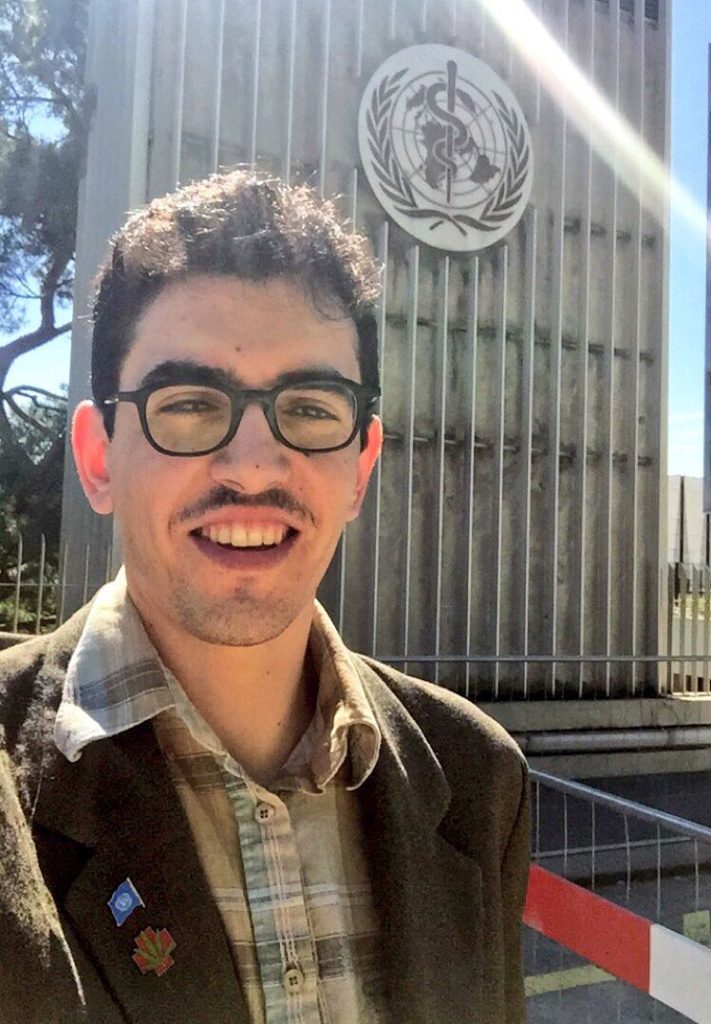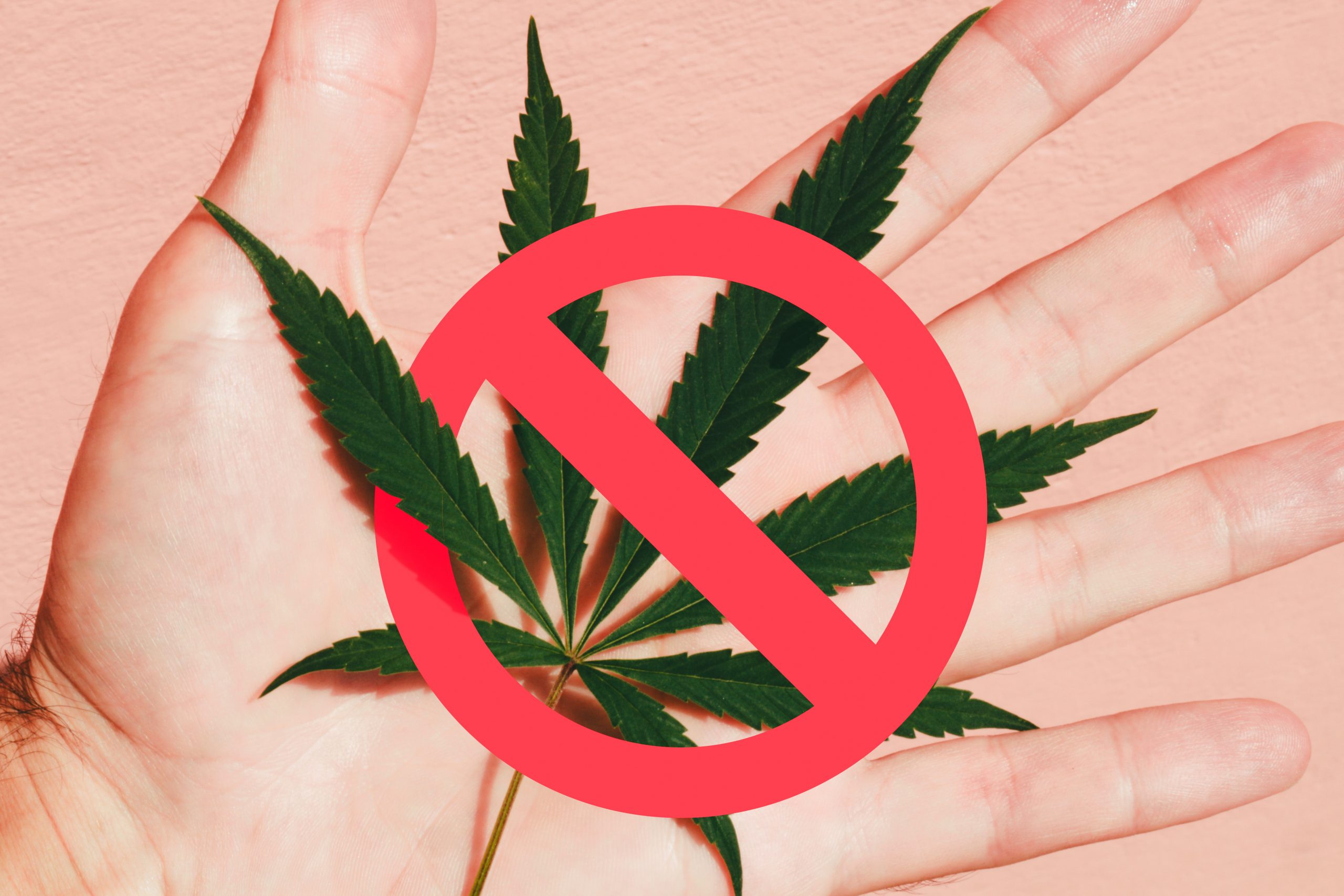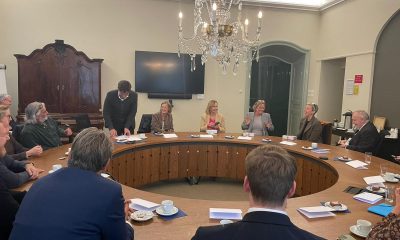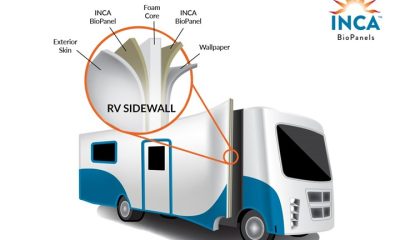Article originally published on BusinessCann
With a growing number of countries focused on ending prohibition and introducing regulated cannabis markets, a new article identifies ways to achieve these goals without violating international drug laws.
In enacting its recreational cannabis market in 2018, the Canadian government was accused of having infringed the 1961 Single Convention on narcotic.

Kenzi Riboulet-Zemouli, author of the article on the Single Convention on Narcotic Drugs
Likewise, Uruguay, the first country to follow this path, cited the protection of human rights to allow its perception of violation of the Convention – and was subsequently threatened with sanctions by the International Narcotics Control Council (INCB extension).
However, the respected cannabis researcher and author Kenzi Riboulet-Zemouli, believes that there is room for maneuver in the Convention to allow countries to legislate accordingly.
a deep dive
Kenzi describes her case in a new article entitled 'High compliance, a Lex Lata legalization for the non-medical cannabis industry'.
In statements to BusinessCann, the author stated that: “The War on Drugs, which began in the 1970s, helped to propagate the myth that cannabis prohibition is enshrined in treaty norms and is impossible to avoid. However, this new investigation takes an in-depth look at the 1961 Convention considering the form of its wording, highlighting a path to legal adult-use markets.”
“I believe it is possible to develop an adult use policy for cannabis products that combats drug abuse, protects human rights and complies with international drug treaties.”
While the article closely analyzes the text of the Single Convention on Narcotic Drugs of 1961 – the main global treaty for cannabis control – also examines the treaty's preparatory work and minutes of drafting discussions to gain more insight into the reasoning of its authors.
Two types of cannabis
Although the treaty does not recognize the terms 'recreational' or 'adult use', it does delineate two classes of cannabis, namely 'medical and scientific' ('MSP') and 'non-medical and scientific' ('OMSP'). ').
And it is in the second cannabis category, 'OMSP', that Riboulet-Zemouli believes there is room for maneuver for states to introduce adult-use programs.
Article 2(9) of the Single Convention on Narcotic Drugs sets out two conditions for 'OMSP' cannabis compliance, namely the application of effective measures to reduce the potential abuse and harm of cannabis products.
And secondly, annual reports to the INCB on the amount of 'OMSP' cannabis marketed. This caveat was recently used by Malta, whose adult use law is framed as the establishment of an industry for 'non-medical and scientific purposes' in the context of harm reduction – an echo of the two conditions of Article 2(9).
Riboulet-Zemouli of Barcelona added: "I believe the cannabis warning 'OMSP' was included by the drafters of the Single Convention to allow for some future flexibility of interpretation."
Missing ban references
Kenzi supports this position by highlighting the absence of the prohibition figure in almost all dialogues and discussions in the convention's wording.
This absence is highlighted in the article by the statement that: “The 1961 Single Convention on Narcotic Drugs was written even before the 'war on drugs' began.”
“During the negotiations in 1961, the U.S. Representative and cannabis ban enthusiast, Harry Anslinger, left the room; the USSR ambassador argued that 'the ban should only be a recommendation'.”
“The People's Republic of China and half of Africa were not even present; and the remaining countries replaced all mentions of 'cannabis ban' with 'cannabis control'; also introduced clear flexibilities, directly exempting non-medical use and related activities.”
“The writers discussed the concept of cannabis intoxication with no particular issues and knew that it would legally continue without any issues.”
a clear path
“The 1961 Single Convention on Narcotic Drugs is not a 'war on drugs' nor is it a prohibitionist treaty. It is your interpretation that is prohibitionist.”
In its conclusion, the document states that to align with the Single Convention, a country will need to comply with only two main points of article 2(9), as well as keep the separate sectors, medical cannabis, non-medical cannabis/adult-use cannabis. and industrial hemp.
Riboulet-Zemouli added: “Deficiencies in the history of drug control conventions and the current hegemony of a particular interpretation – articulated around prohibition – may have impacted our interpretive frameworks and moved legal studies away from the analysis of these exemptions for medical uses, purposely added to the treaty.
“This in-depth research paves the way for states to move forward with changes to their domestic rules without fear of violating the main drug and cannabis law, the Single Convention on Narcotic Drugs of 1961.”
______________________________________________________
Translation by João Costa











































